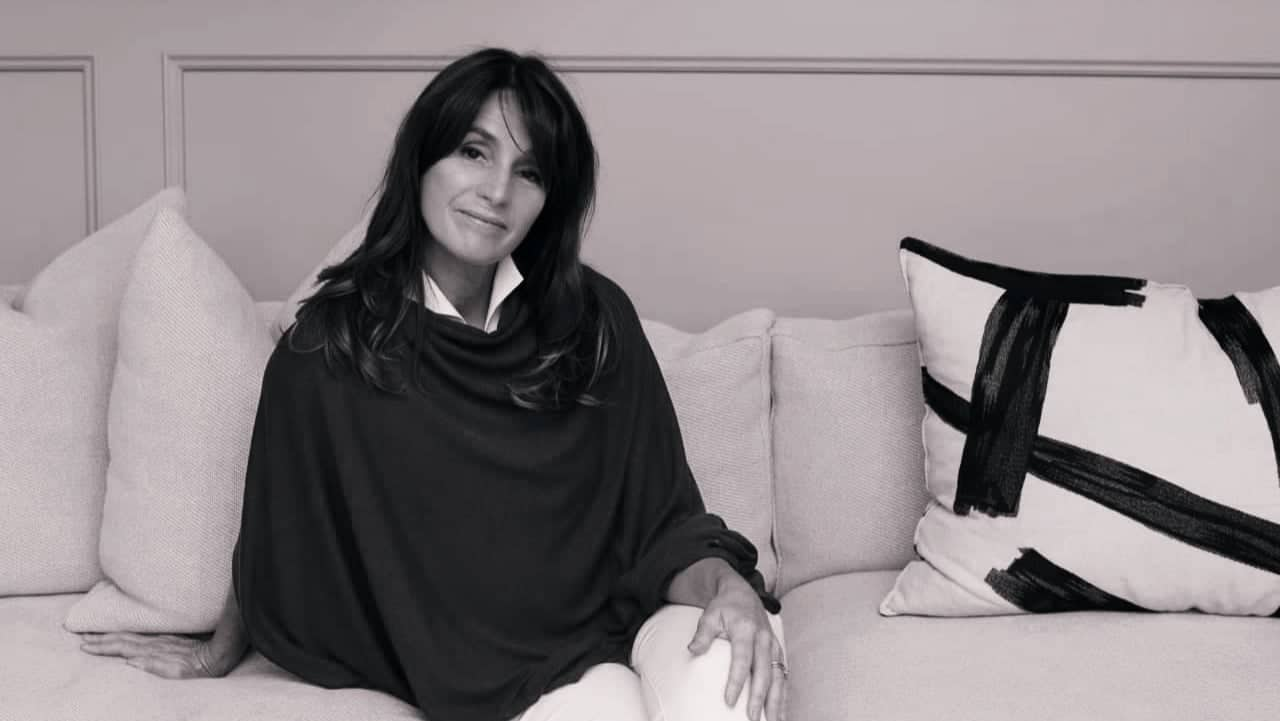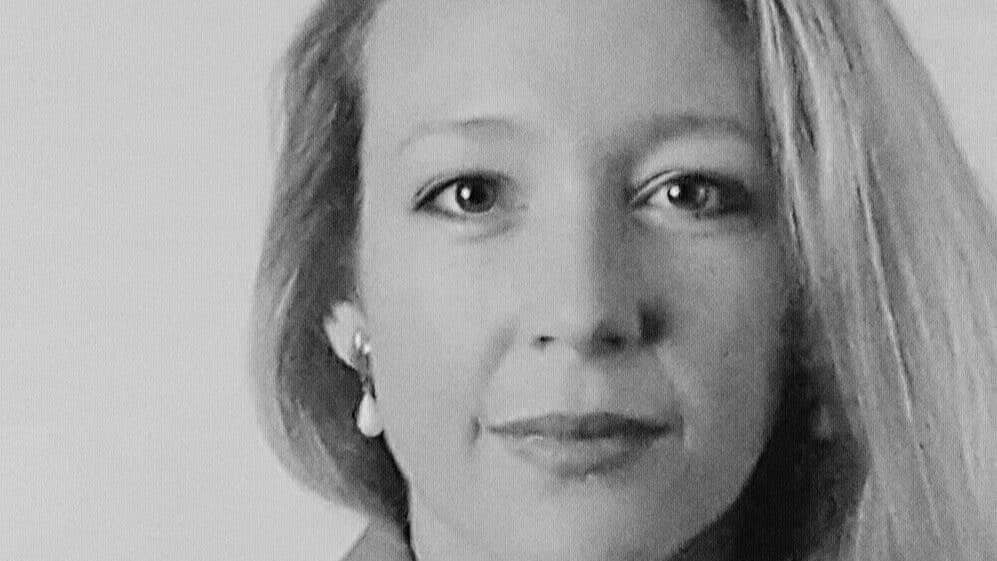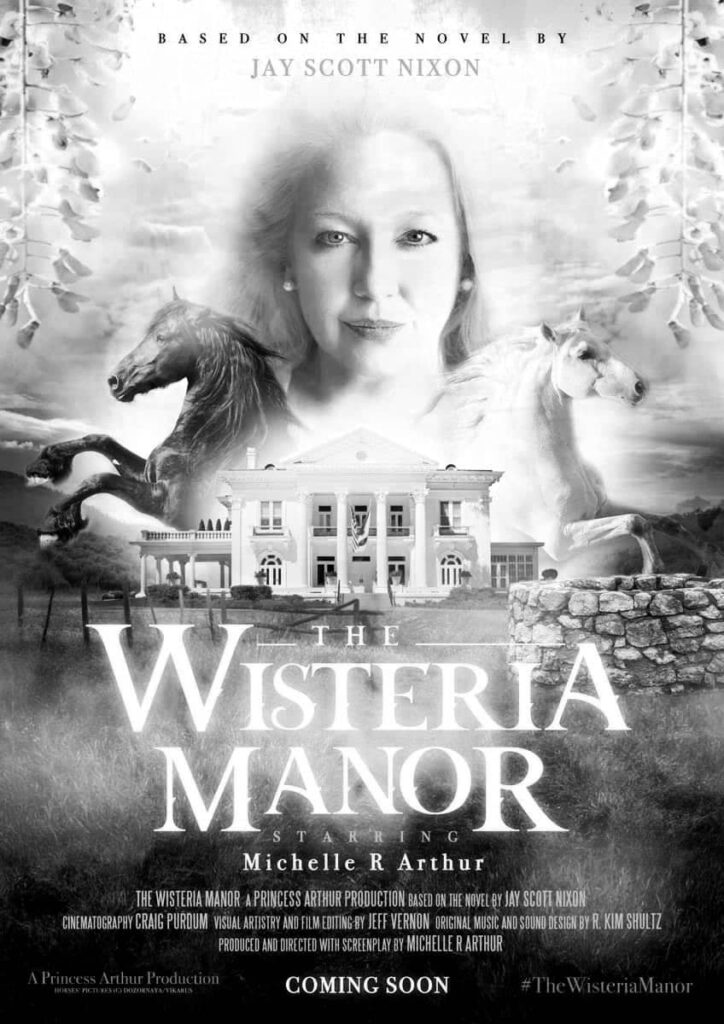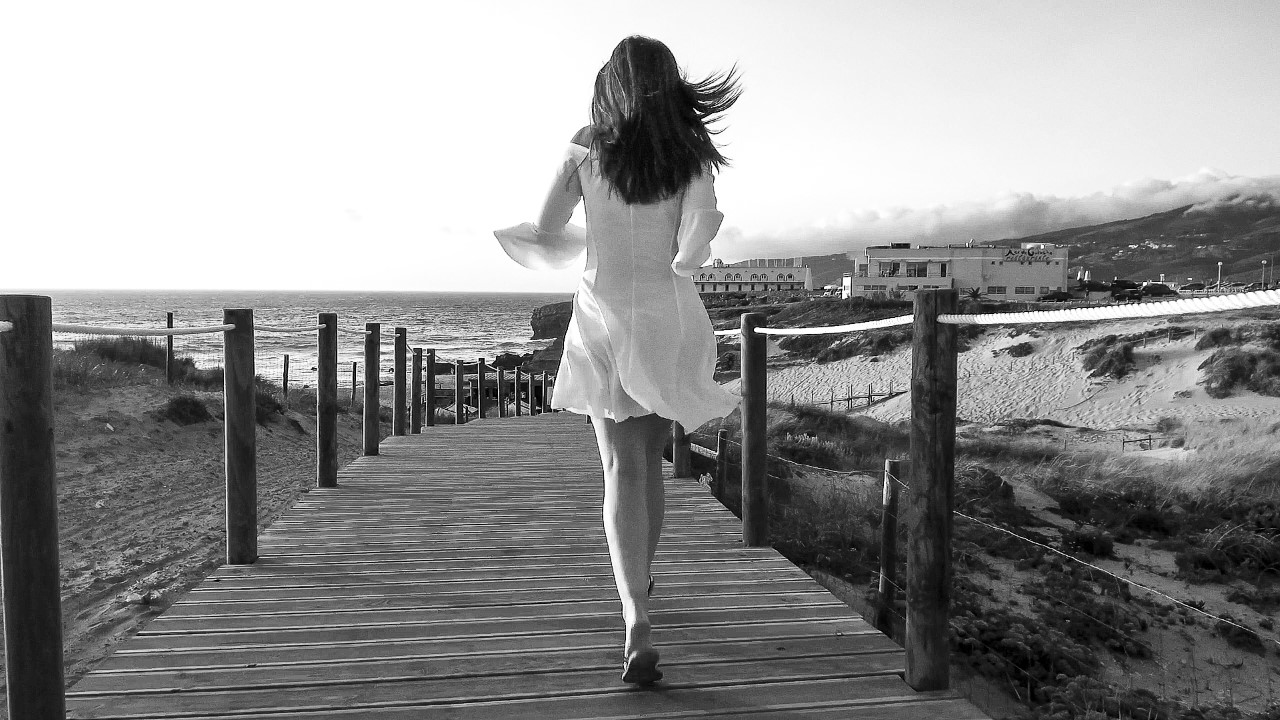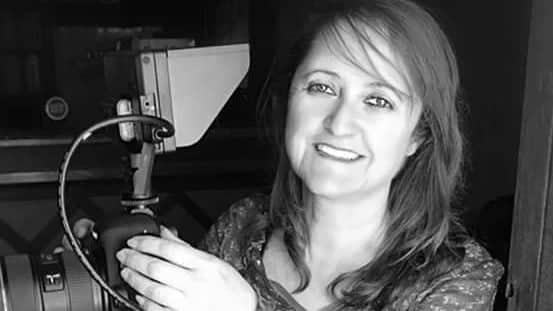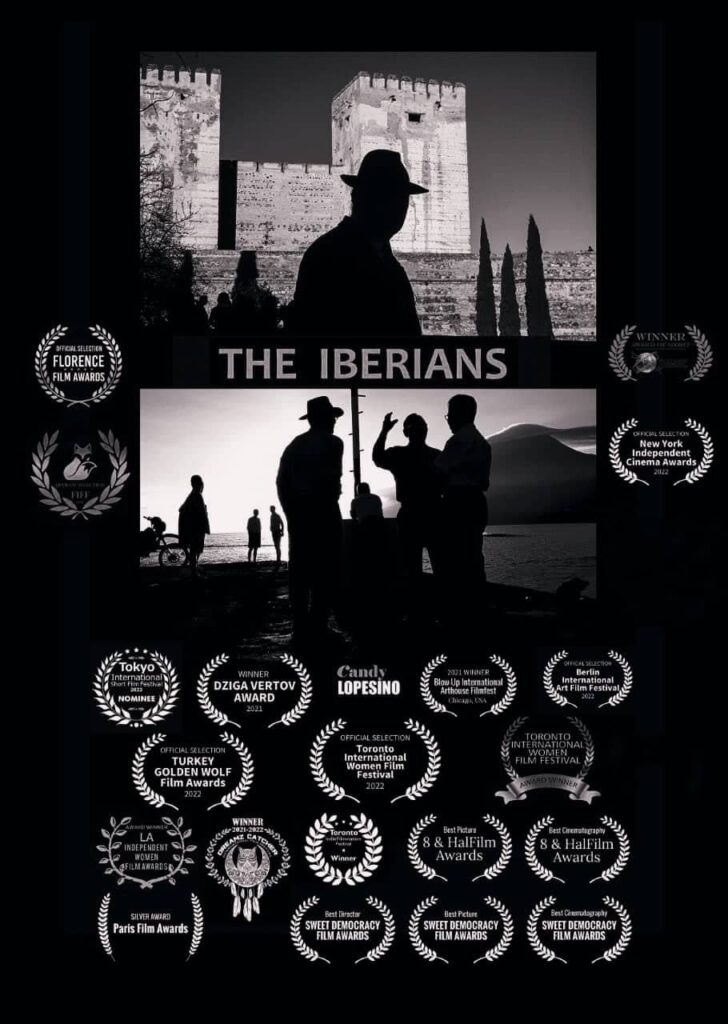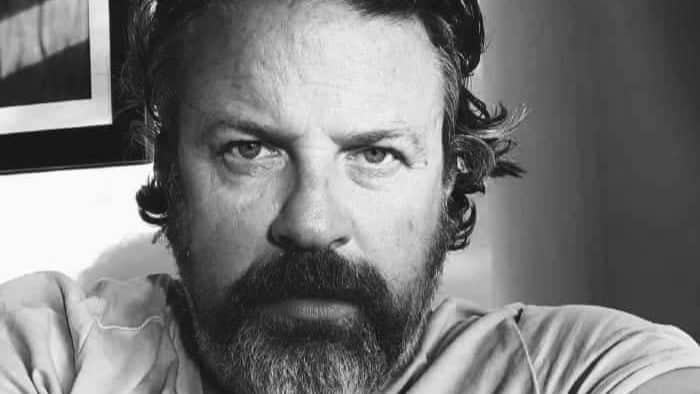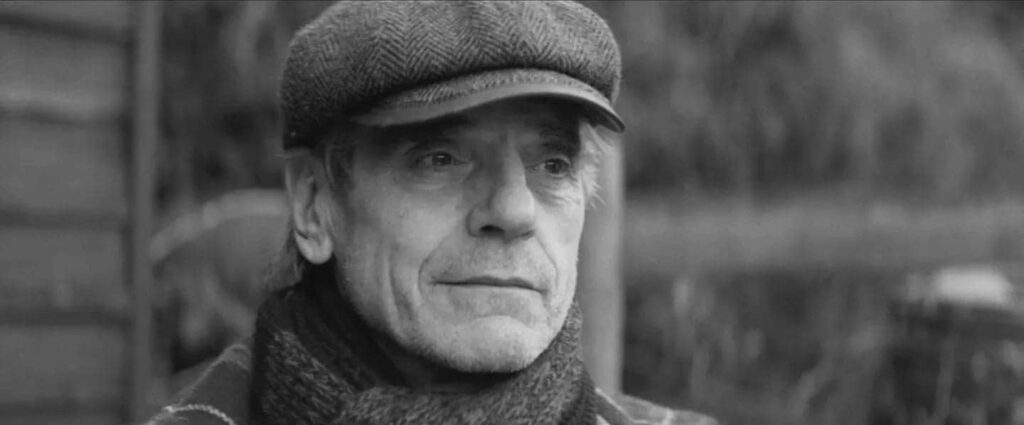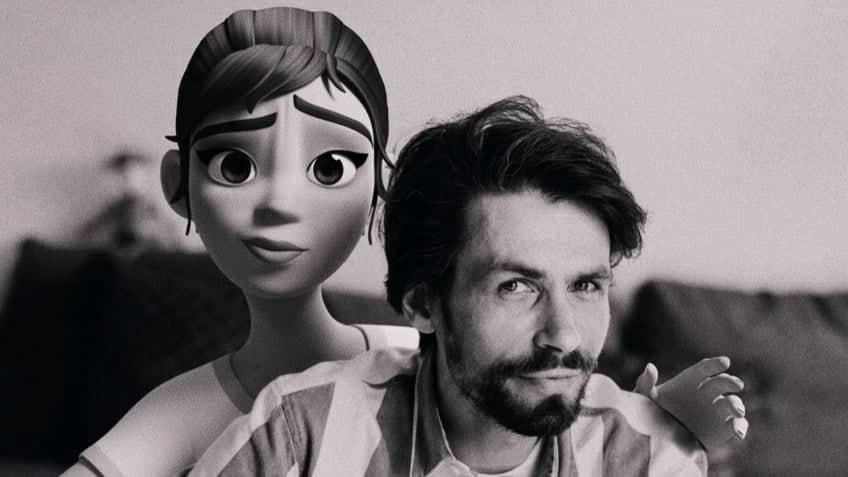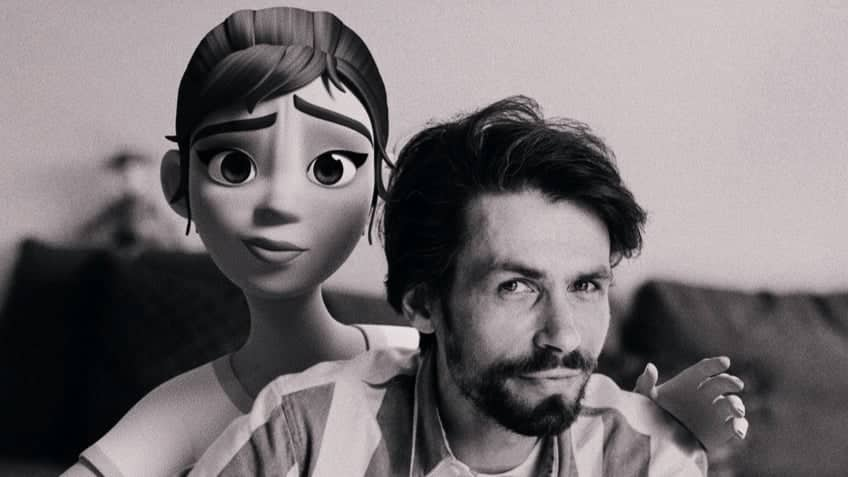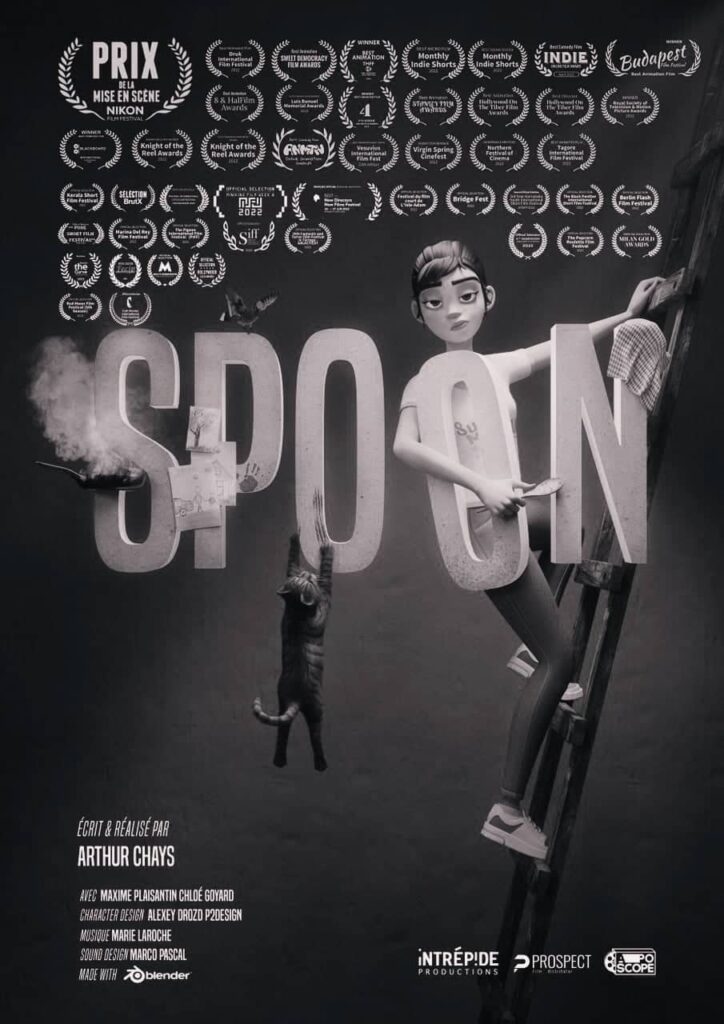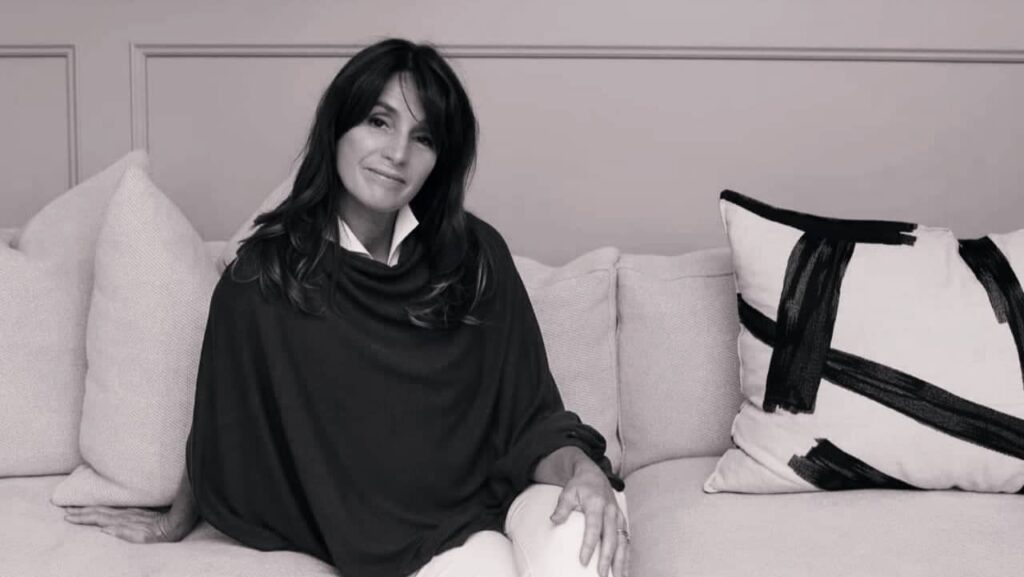
-Who is Julie-Anne McDowell?
I am a mum of three kids, two dogs, three tortoises and a hedgehog, originally from Belfast now living in Johannesburg. I have been involved in the creative arts from as far back as I can remember. I trained with RADA both in classical ballet and speech and drama and hold a Joint Hons degree in languages, an International Marketing Diploma and a Masters with Distinction in Script and Screenwriting from Falmouth University.
An award-winning actress, I was nominated for a Naledi Best Supporting Actress Award for Marilyn in The Revlon Girl in 2019, won the NI Best Actress Award for Julia in Me and My Best Friend and the NI Best Supporting Actress Award as Model in Beauty. In 2020, I set up How Now Brown Cow Productions, based in Johannesburg, to produce world class theatre and in particular to commission, enable and empower South African theatre practitioners. Our first production The Beauty Queen Of Leenane will open in October 2022 at The Theatre On The Square Sandton. www.hownowbrowncow.co.za
I wrote my first short film in 2021, The Hive, which has won a number of awards including the Writers Guild Of South Africa Muse Award and the Toronto Intl Women Festival, Best Female Scriptwriter. How Now Brown Cow produced the film at the end of 2021 and it is now on the festival circuit where it won Best Producer at the 8&halfilms Awards amongst other festival nominations and wins.
–What inspired you to become a filmmaker?
My love of storytelling. I have always loved stories, listening to and telling them. I love the escapism, the worlds you inhabit and the mirror they hold up to society.
I started writing a few years back with a view to creating work for myself as an actress. But in lockdown it took on another impetus. I burrowed myself away in other realities where I could write my own narrative, one which I could control.
I then filmed my first short film The Hive in October 2021.
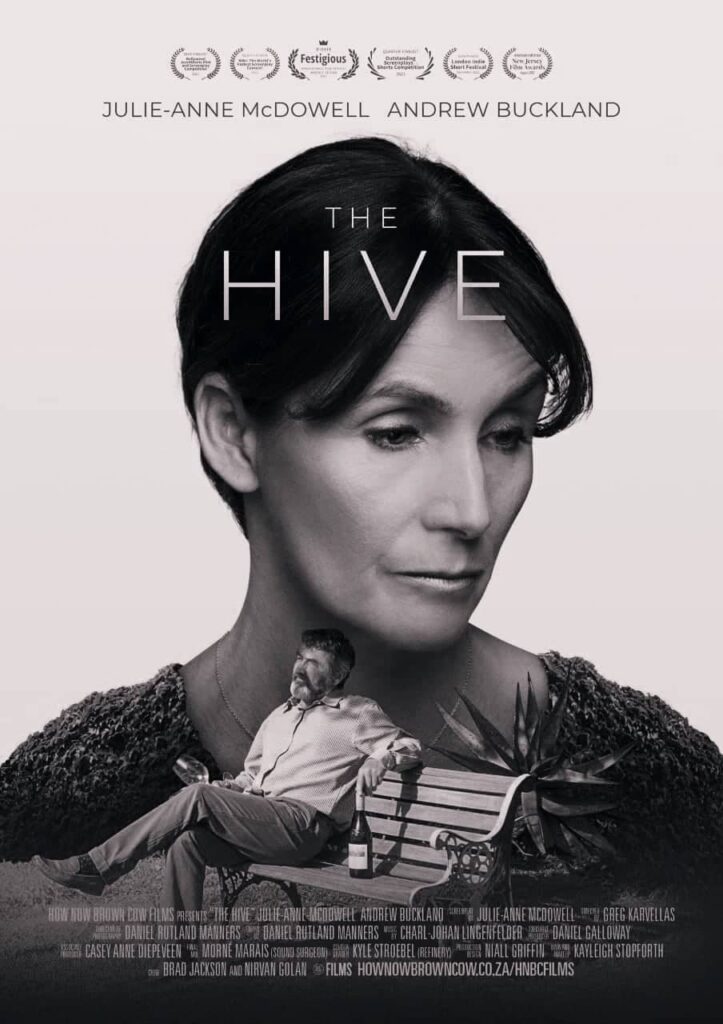
-Do you think cinema can bring change to society?
Well, I think we have told stories from as far back as the cave dwellers to communicate with one another. To describe a day’s adventures, to warn of danger, to indicate where the food is, to entertain, to teach. Stories are a way for us to understand the world around us, to see ourselves objectively and at a palatable distance. They help us understand the human condition. So yes, I absolutely believe cinema as a means of storytelling has the ability to change us individually and as nations.
–Film industry in next 100 years?
The technological changes that have happened to date and that will continue to happen expand what is possible in how we visually tell a story. Already we’ve seen the recent change in the distribution of our stories from network dictated scheduling to binge watched streaming channels. When and what and how dictated by the consumer.
